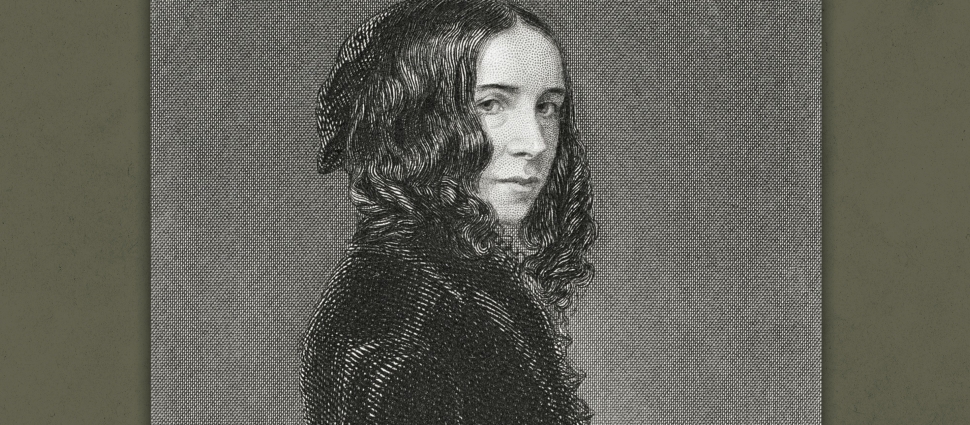Those Words of Desolation

Last April I had the chance to hear D.A. Carson speak at the Philadelphia Conference on Reformed Theology. Speaking on the subject of redemption, Carson made reference to a poem by Elizabeth Barrett Browning (1806–1861) titled “Cowper’s Grave.” The poem opens,
It is a place where poets crowned may feel the heart’s decaying;
It is a place where happy saints may weep amid their praying:
Yet let the grief and humbleness as low as silence languish:
Earth surely now may give her calm to whom she gave her anguish.
While Cowper (1731–1800) may not qualify as a Puritan—and still less Barrett Browning—the poem captures redemption’s beauty in a way that the likes of Bunyan or Rutherford would have certainly appreciated. Cowper, who suffered from severe depression and mental instability, feared towards the end of his life that he was hopelessly reprobate.[1] Praise God that, as Barrett Browning concludes, those covered by Christ precious blood are never forsaken:
Thus? oh, not thus! no type of earth can image that awaking,
Wherein he scarcely heard the chant of seraphs, round him breaking,
Or felt the new immortal throb of soul from body parted,
But felt those eyes alone, and knew,—“My Saviour! not deserted!”Deserted! Who hath dreamt that when the cross in darkness rested,
Upon the Victim’s hidden face no love was manifested?
What frantic hands outstretched have e’er the atoning drops averted?
What tears have washed them from the soul, that one should be deserted?Deserted! God could separate from His own essence rather;
And Adam’s sins have swept between the righteous Son and Father:
Yea, once, Immanuel’s orphaned cry His universe hath shaken—
It went up single, echoless, “My God, I am forsaken!”It went up from the Holy’s lips amid His lost creation,
That, of the lost, no son should use those words of desolation!
That earth’s worst phrenzies, marring hope, should mar not hope’s fruition,
And I, on Cowper’s grave, should see his rapture in a vision.[2]
[1] M.H. Abrams, ed., Norton’s Anthology of English Literature, Vol. 1 (London: W.W. Norton & Co., 1986), 2526.
[2] Elizabeth Barrett Browning, “Cowper’s Grave,” accessed at Bartelyby.com.
Ben Ciavolella is a student at Westminster Theological Seminary. He works as a publishing assistant for the Alliance of Confessing Evangelicals.
Related Links:
- Redemption Accomplished and Applied: Anthology [ MP3 Disc | Download ]
- A Voyage of Discovery by Derek Thomas
- Place for Truth: Adoption [ Print Booklet | Download ]





